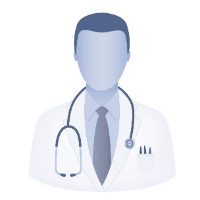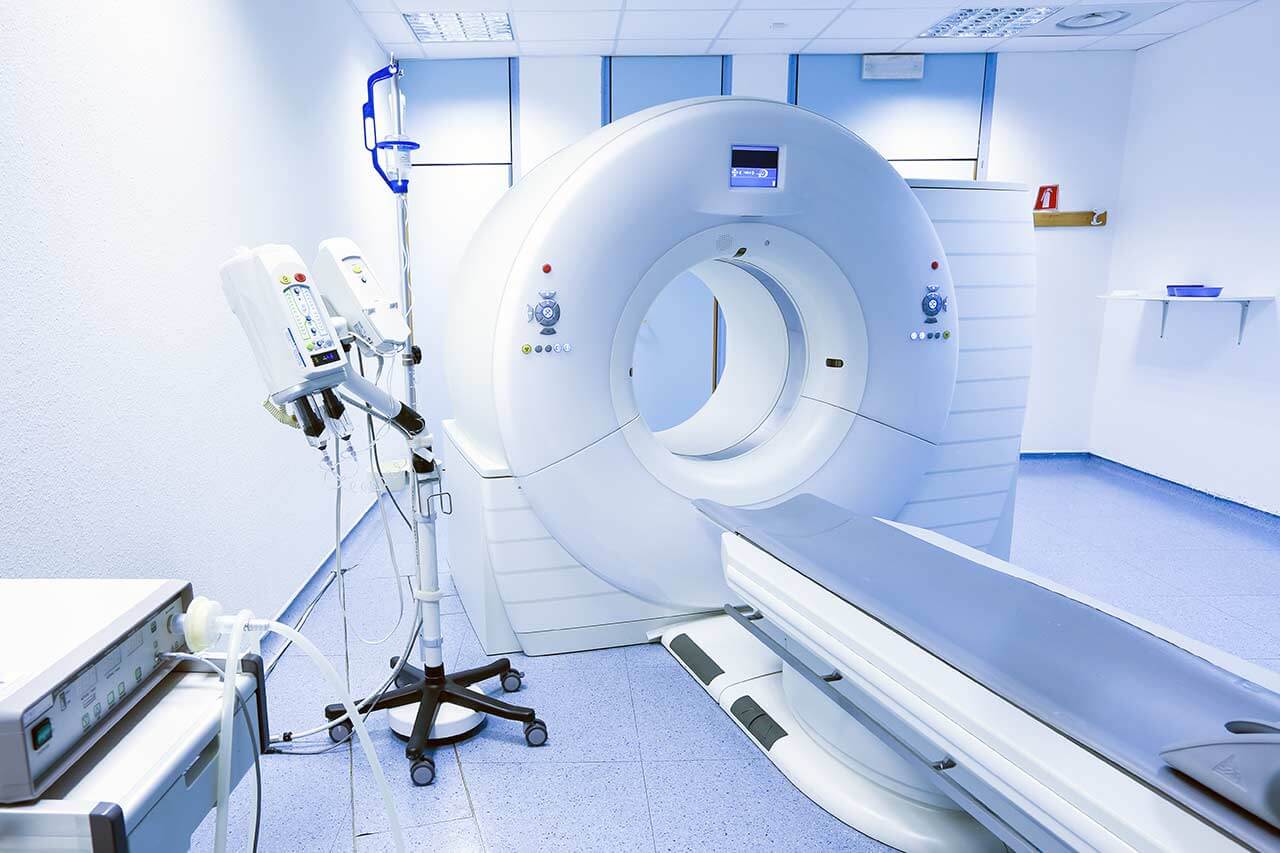
The program includes:
- Initial presentation in the clinic
- clinical history taking
- review of medical records
- physical examination
- laboratory tests:
- complete blood count
- biochemical analysis of blood
- Lipid metabolism (HDL/LDL, cholesterol,
triglycerides Lip(a), homocysteine) - blood coagulation analysis (aPTT, PT, INR)
- inflammation indicators (CRP, ESR)
- metabolic status (uric acid, total glucose, HbA1c)
- cardiovascular disease risk markers
- kidney function test (creatinine, urea)
- color doppler echocardiography
- color doppler sonography of aort
- duplex peripheral arteries
- CT/ MRI-angiography of aorta
- preoperative care
- removal of aorta segment with subsequent anastomosis
- blood transfusions (if needed)
- 3-day intensive care unit stay
- symptomatic treatment
- control examinations
- the cost of essential medicines and materials
- nursing services
- full hospital accommodation
- developing of further guidance
Required documents
- Medical records
- Doppler ultrasound/duplex scanning of the aorta (if available)
- MR/CT-angiography (if available)
Service
You may also book:
 BookingHealth Price from:
BookingHealth Price from:
About the department
The Department of Vascular and Endovascular Surgery at the University Hospital Heidelberg offers the full range of accurate diagnostics and effective treatment of diseases of the arteries and veins. The department specializes in all modern vascular interventions, in particular, open, interventional (catheter) procedures, hybrid surgeries, as well as innovative vascular prosthetic techniques. All this makes the department one of the most advanced medical institutions in Germany with a university level of service. The department is headed by Prof. Dr. med. Dittmar Böckler.
In order to provide comprehensive medical care, there is a close collaboration with anesthesiologists, neurologists, neurologists and diabetologists. Of particular interest to the department's physicians is the treatment of patients with diseases of the aorta, carotid artery, various forms of arterial occlusion, and rare forms of arterial and venous diseases. All interventions are performed by the experienced vascular surgeons in cutting-edge operating rooms equipped with the very latest computerized systems and innovative surgical instruments.
The service range of the department includes:
- Diagnostics and treatment of aortic diseases
- Aortic aneurysm
- Aortic sclerosis
- Aortic dissection
- Diagnostics and treatment of carotid artery diseases
- Carotid artery stenosis
- Carotid artery aneurysm
- Carotid body tumors
- Diagnostics and treatment of lower limb artery diseases
- Popliteal artery aneurysm
- Femoral artery aneurysm
- Acute vascular occlusion (embolism/thrombosis)
- Peripheral arterial occlusive disease
- Cystic degeneration of the adventitious layer of vessels
- Vascular lesions, for example painful swellings
- Diagnostics and treatment of diseases of the lower limb veins
- Varicose veins
- Deep vein thrombosis in the lower limbs
- Diagnostics and treatment of diseases of the upper limb arteries
- Atherosclerotic stenosis
- Thoracic outlet syndrome
- Diagnostics and treatment of diseases of the upper limb veins
- Vein thrombosis of the upper limbs
- Diagnostics and treatment of vascular diseases of the kidneys and other internal organs
- Renal artery stenosis
- Visceral artery aneurysm
- Disorders of the blood circulation in the bowel
- Diagnostics and treatment of vascular malformations
- Formation of vascular access for hemodialysis in end-stage kidney failure
- Other diseases and treatment methods
Curriculum vitae
Education and Professional Career
- Since 2013 and up to now, Head of the Department of Vascular Surgery at the Regional Hospital Heppenheim.
- Since 2012 and up to now, (W3) University Professor and Head of the Department of Vascular and Endovascular Surgery at the University Hospital Heidelberg.
- 2011 Invitation to the position of the Professor in the Department of Vascular Surgery, University of Duesseldorf (refusal).
- 2010 - 2011 Head of the Department of Vascular and Endovascular Surgery at the University Hospital Heidelberg.
- 2009 Extraordinary Professor in Surgery, Heidelberg University.
- 2007 - 2009 Acting Head of the Department of Vascular and Endovascular Surgery at the University Hospital Heidelberg.
- 2006 Leading Senior Physician and Deputy Head of the Department of Vascular and Endovascular Surgery at the University Hospital Heidelberg.
- 2005 Habilitation (Venia Legendi), Heidelberg University.
- 2002 - 2005 Senior Physician, Department of Vascular and Endovascular Surgery at the University Hospital Heidelberg.
- 2002 Additional qualification in Phlebology.
- 2001 Medical Specialist in Vascular Surgery.
- 1998 - 2001 Advanced training, Department of Vascular and Endovascular Surgery, Clinic Nuernberg Sued.
- 1998 Medical Specialist in Surgery.
- 1997 Department of Traumatology and Reconstructive Surgery, Bayreuth Hospital.
- 1995 - 1997 Department of General, Abdominal and Transplant Surgery, University Hospital Jena.
- 1994 - 1995 Department of General and Abdominal Surgery, University Hospital Heidelberg.
- 1994 Doctoral thesis defence, University of Erlangen-Nuremberg.
- 1993 Admission to medical practice, Erlangen.
- 1992 - 1993 Study of Medicine in London, Edinburgh and Cape Town.
- 1986 - 1992 Study of Human Medicine at the University of Erlangen-Nuremberg.
Scientific Career
- Member of the German Society for Vascular Surgery and Vascular Medicine (DGG e.V.).
- Member of the Professional Association of German Surgeons (BDC).
- Member of the European Society for Vascular Surgery (ESVS).
- Member of the International Society of Endovascular Specialists (ISES).
- Member of the Society for Vascular Surgery (SVS).
- Editorial Board Member of the journals Gefäßchirurgie, Der Chirurg, Zentralblatt für Chirurgie, Langenbecks Archives of Surgery, Journal of Endovascular Therapy, etc.
- Board Member of the German Society for Vascular Surgery and Vascular Medicine (DGG).
Photo: (с) depositphotos
About hospital
According to Focus magazine, the University Hospital Heidelberg ranks among the top five hospitals in Germany!
The hospital is one of the most advanced and reputable medical institutions not only in Germany but throughout Europe. There are more than 43 specialized departments and 13 medical institutes which cover all fields of modern medicine. A distinctive feature of the hospital is the presence of unique therapeutic methods for the treatment of complex and rare clinical cases.
Due to successful clinical practice, the hospital has been holding leading positions in the international medical arena for many years. The basis for this popularity is the combination of the very latest technologies, competent specialists, and active research activities, which allows introducing of revolutionary diagnostic and treatment methods, which save lives.
In addition to the outstanding medical achievements, it is worth noting a particularly friendly and pleasant atmosphere, and respectful attitude towards the patient. Both doctors and nursing staff make every effort to meet all the needs and wishes of the patient, pay due attention to each clinical case, and have personal communication with the patient, which contributes to a positive treatment result.
Photo: (с) depositphotos
Accommodation in hospital
Patients rooms
The patients of the University Hospital Heidelberg live in comfortable single and double rooms designed in bright colors. Each room is equipped with an ensuite bathroom with a shower and toilet. The patient rooms are quite spacious, they have a table with chairs for receiving visitors. Roomy wardrobes are provided for storing personal belongings. It is possible to connect to the Internet. In addition, the hospital offers enhanced-comfort rooms with a safe, refrigerator, and upholstered furniture. Patients have 24-hour access to the services of medical personnel.
Meals and Menus
The patient and his accompanying person have a daily choice of three menus. If you for some reason do not eat all the products, you will be offered an individual menu. Please inform the medical staff about your dietary preferences prior to the treatment.
Further details
Standard rooms include:
Religion
The religious services are available upon request.
Accompanying person
During the inpatient program, an accompanying person may stay with you in a room or hotel of your choice.
Hotel
During the outpatient program, you may live in a hotel of your choice. The managers will help you choose the most suitable options.
The hospital offers a full range of laboratory tests (general, hormonal, tests for infections, antibodies, tumor markers, etc.), genetic tests, various modifications of ultrasound scans, CT scans, MRI and PET / CT, angiography, myelography, biopsy and other examinations. Treatment with medications, endoscopic and robotic operations, stereotaxic interventions is carried out here, modern types of radiation therapy are also used. The hospital offers patients all the necessary therapeutic techniques.
- Endovascular treatment of liver pathologies with LigaSureTM, Ultracision® and Habib®-Sealer devices
- Correction of chest deformities in children (Nass operation)
- Minimally invasive direct coronary artery bypass grafting
- Replacement of ascending aorta (David procedure)
- Operations using the da Vinci robotic system
These are primary lung tumors and metastases in the lungs, benign and malignant liver pathologies, thyroid pathologies, gastroesophageal reflux disease, heart rhythm disturbances and heart failure, infertility, fibromyalgia, damages and pathologies of large joints, polyneuropathy and other diseases.
- Thoracic surgery
- Cardiac surgery
- Urology
- Orthopedics and traumatology
- Obstetrics and gynecology
The hospital's team consists of more than 13,000 highly qualified employees




